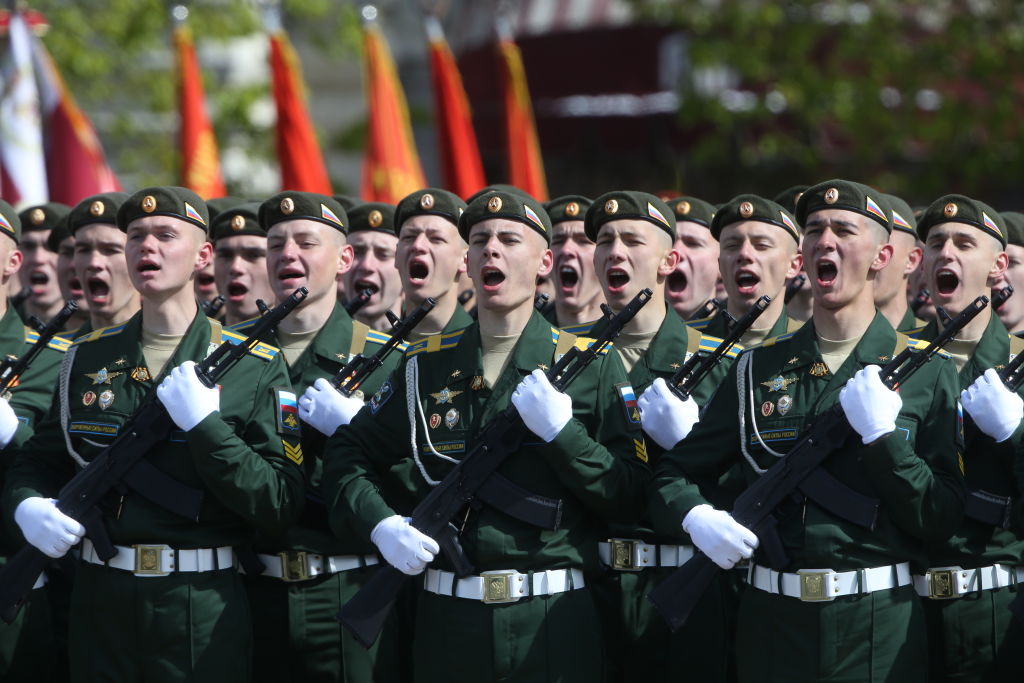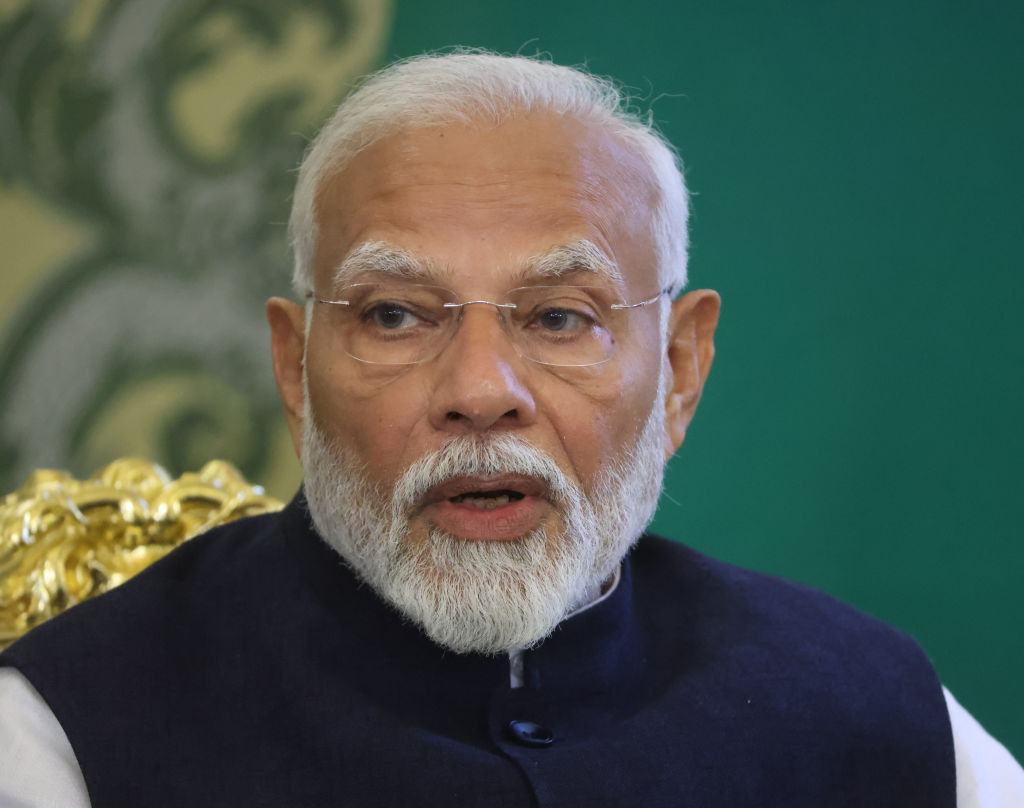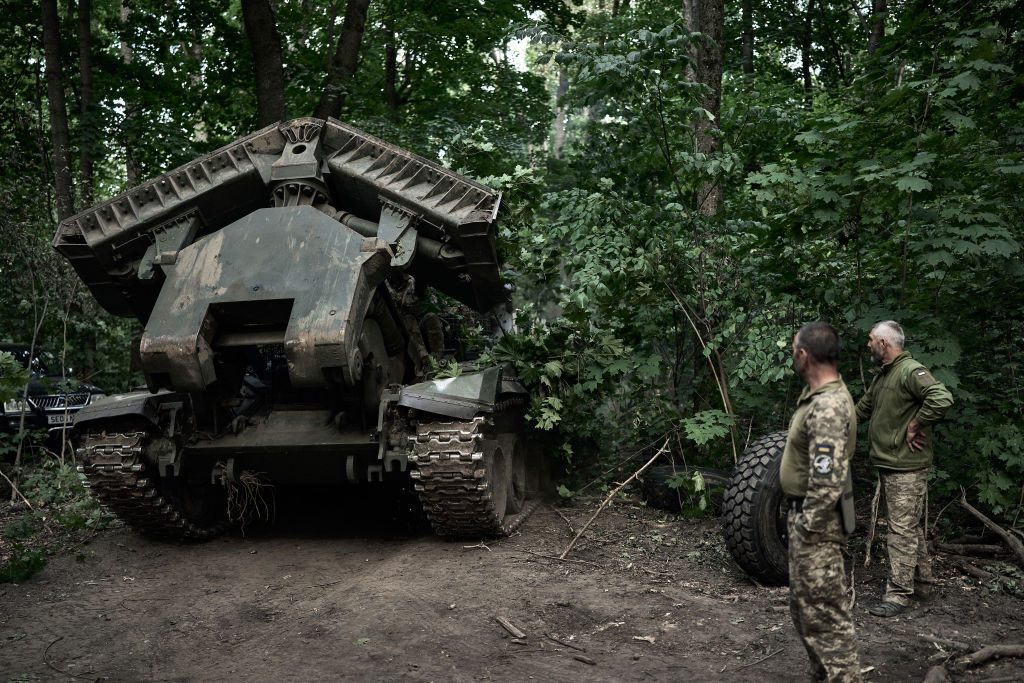Volodymyr Zelensky, Ukraine’s wartime president, claims to embody democracy, but governs as a solo act. He avoids elections, dismisses referenda, and rules by decree as the war rages on. A true democrat would let Ukrainians decide: Fight on or seek peace. Instead, Zelensky’s refusal exposes a leadership that prioritises power over the people’s voice. And the West does not care.
The war’s toll is relentless. Russia holds about 20 per cent of Ukraine’s territory, say Kyiv’s 2025 reports, with 14,000 civilian deaths and 3.7 million displaced, according to UN figures. Zelensky’s defiance earns Western praise, but his decisions undermine his democratic credentials. His presidential term ended in May 2024, yet he carries on under martial law, declared in February 2022, with no vote in sight.
Wartime elections are not a unicorn. Abraham Lincoln faced voters in 1864 amid America’s Civil War, proving democracy’s resilience. The UK ousted Churchill in 1945 during World War II’s final days. Israel voted in 1973 during the Yom Kippur War, showing ballots can survive bombs. Ukraine’s Constitution allows adjusted elections, yet Zelensky shuns the ballot, possibly fearing the verdict of a war-weary nation.
In fact, politically speaking, a referendum could be his masterstroke. Zelensky could demand a ceasefire, saying, “let my people choose”. A 2025 Kyiv International Institute of Sociology poll shows 68 per cent of Ukrainians favour negotiations, though 54 per cent oppose territorial concessions. Such a vote could unify the nation or reveal its fractures, but either way, it would anchor his rule in consent. And it would make Western leaders, supposedly liberal, look less hypocritical.
Other nations offer models too. South Sudan’s 2011 referendum, held amid conflict, gave birth to a nation by popular will. Ireland’s 1921 vote ratified a treaty under British pressure, proving votes can shape peace. Zelensky should let Ukrainians decide – fight or compromise. By doing so, he would also really juxtapose himself to Putin. Elsewise his office will remain empty of legitimacy.
So, is the EU supporting democracy against autocratic rule, or is it just picking a favourite despot? Zelensky’s actions cast heavy shadows. He banned 11 opposition parties in 2022, citing security, and nationalised TV channels, tightening media control. Freedom House’s 2025 report scores Ukraine’s democracy at 39/100, down from 50 in 2021, citing “eroded political rights”. National minorities in Ukraine remain deprived of the most basic rights.
Zelensky is no democratic hero and the West’s silence is complicit. It is ridiculous for Europe to hail Kyiv as liberty’s champion. And once more, there are double standards here. Brussels, quick to condemn Hungary’s Orbán, stays mute as Ukraine’s elections vanish. The EU’s billions in aid fuel war, not democracy, revealing a referee who picks favourites while ignoring the rulebook. To put geopolitics over principle is of course a credible realpolitik option. But spare us the sermon.
The choice is clear. Zelensky can trust his people with a referendum or elections, renewing a mandate that would enable him to claim he truly speaks for his people. Or he can rule alone, betting bloodshed masks his democratic lapse.
The West must also decide: Prop up a tarnished and unconvincing symbol, or demand true democracy. Ukraine’s 41,000 fallen soldiers (per its – rather doubtful – Defence Ministry reports) deserve more than a performer’s travelling show.
Will Zelensky give his people a voice, or play the lone star until the curtain drops, possibly fearful of shocking corruption allegations? And, more importantly for us Europeans, will our leaders grow a democratic spine, or carry on with their illiberal act in the name of voters who no longer trust them?





Putin 15% of Ukraine, Zelensky 85%: Thank you, Trump